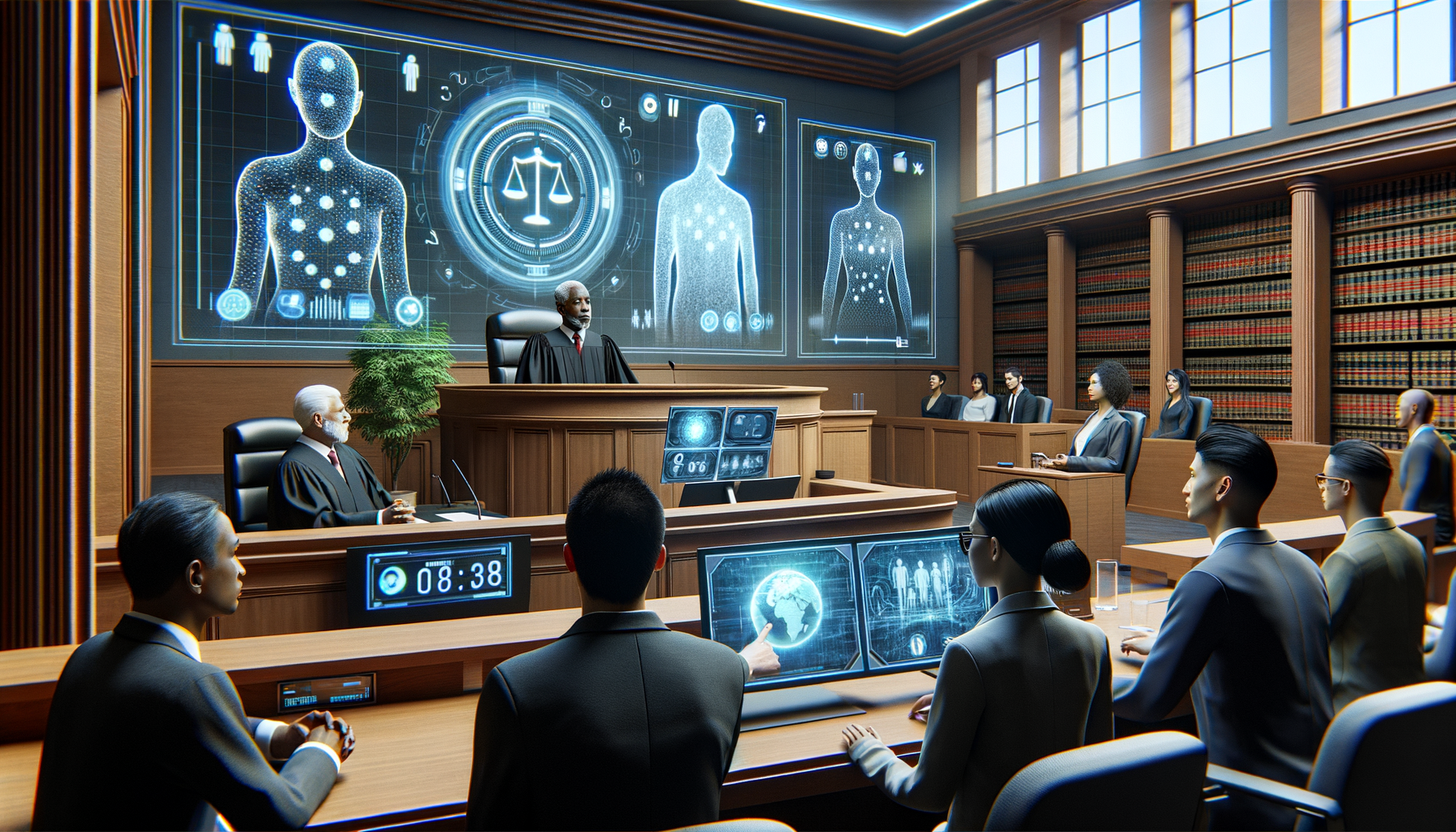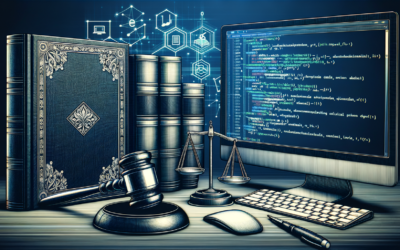Digital Court
The legal world is undergoing a profound transformation with the advent of digital technology. The concept of the digital court is at the heart of this evolution, promising to make justice more accessible and efficient in an era of accelerating technological innovation. This article explores the contours and challenges of this judicial revolution.
What is the Digital Court?
The digital court is an ecosystem for managing and resolving disputes online. It uses information technology to facilitate access to justice, making legal proceedings more flexible and less costly. These innovative platforms are part of the wider context of predictive justice andoptimized management of legal projects.
Advantages of the Digital Court
Digital courts offer a host of advantages for both litigants and legal professionals. In particular, they significantly reduce lead times and costs, improve file traceability and simplify procedures. What’s more, these platforms promote greater transparency and can make a significant contribution to the democratization of access to justice.
Reducing costs and lead times
Digital technology offers faster dispute resolution thanks to process automation. The concept of automated judicial processes comes into its own here, reducing administrative burdens and speeding up case processing.
Accessibility and flexibility
Technologies such as the legal cloud and electronic signatures make legal services accessible remotely, at any time and without the need to physically visit a court.
Integrating new technologies
The digital court relies on artificial intelligence, smart contracts, blockchain, and legal data mining tools to optimize case processing.
Disadvantages and challenges of digital courts
Despite its undeniable advantages, the digital court is not without its challenges. The question of data security, the reluctance to change and the need for appropriate training are all obstacles to be overcome.
Cybersecurity and Privacy
Legal cybersecurity is of paramount importance in a context where sensitive data travels over the Internet. It is therefore crucial to put in place robust systems to protect the confidentiality of information.
Adaptability of legal professionals
The move towards digital courts requires lawyers, judges and jurists to be familiar with technological tools, often thanks to specific training. The transition can be complex, and requires competent legal tech partners.
Frequently asked questions
Here’s a list of frequently asked questions for Tribunal numérique.
What’s the difference between a traditional court and a digital court?
A traditional court requires the physical presence of the parties involved, while a digital court enables the majority of procedures and hearings to be carried out dematerially, online.
Can my case be handled by a digital court?
This depends on the nature of your case and the jurisdiction involved. Some disputes can be resolved entirely online, via online dispute resolution platforms.
Do decisions taken by a digital court have the same legal value?
Yes, decisions handed down by a digital court are legally binding, provided the platform is recognized and regulated by the official judicial system.
How do you ensure the confidentiality of information on a digital court?
Digital courts implement various security measures, including data encryption, to protect the confidentiality of information exchanged.
Digital courts represent an important step towards modernizing the justice system. They meet a growing need for efficiency and accessibility in a changing legal world. Collaboration between technology developers and legal professionals is essential to realize the full potential of these platforms and ensure the protection of all citizens’ rights in the digital space.




